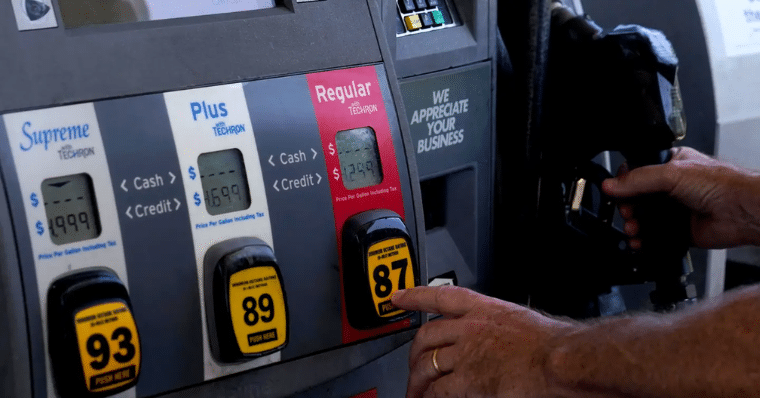Fuel credit cards are designed to provide users with a convenient and efficient way to pay for gasoline and other automotive expenses. While these cards can offer benefits such as cashback rewards and discounts on fuel purchases, they also present a number of security concerns that users should be aware of. These concerns include the risk of fraud and identity theft, as well as the potential for unauthorized use of the card by someone else. As such, it is important for users to take steps to protect their fuel credit card information and to be vigilant in monitoring their accounts for any suspicious activity.

Key security risks associated with fuel credit cards:
1. Fraud and Identity Theft:
One of the biggest security concerns with fuel credit cards is the risk of fraud and identity theft. Criminals may use skimmers or other devices to steal credit card information at gas pumps, allowing them to make unauthorized purchases or steal personal information for fraudulent purposes. In addition, criminals may use stolen credit card information to make purchases online or over the phone.
2. Unauthorized Use of the Card:
Another security risk associated with fuel credit cards is the potential for unauthorized use. If a card is lost or stolen, someone else may be able to use it to make purchases without the owner’s knowledge or consent. This can result in charges to the card that the owner did not authorize, which can be difficult to dispute.
3. Poor Security Practices by Merchants:
Some fuel merchants may not have adequate security measures in place to protect customers’ credit card information. This can include outdated or vulnerable point-of-sale systems, inadequate encryption of credit card data, or failure to monitor for suspicious activity.
Protect your fuel credit card information:
1. Use Secure Payment Methods:
Whenever possible, users should use secure payment methods, such as EMV chip-enabled cards or mobile payment apps that use tokenization to protect credit card data.
2. Monitor Accounts for Suspicious Activity:
Users should regularly monitor their fuel credit card accounts for any suspicious activity, such as unauthorized purchases or changes to account information.
3. Use Strong Passwords and Two-Factor Authentication:
To prevent unauthorized access to fuel credit card accounts, users should use strong, unique passwords and enable two-factor authentication whenever possible.
4. Be Cautious with Personal Information:
Users should be cautious about sharing their personal information, especially online or over the phone. They should only provide their credit card information to trusted merchants and should never share their card information via email or text message.
Bottom line:
In summary, while fuel credit cards can be a convenient way to pay for automotive expenses and offer benefits such as cashback rewards and fuel discounts, they also present potential security risks. Users should be aware of these risks, including the risk of fraud and identity theft, and take steps to protect their fuel credit card information. This includes being vigilant in monitoring their accounts for any suspicious activity and taking steps to prevent unauthorized access to their card information. By taking these precautions, users can minimize the risk of security breaches and protect their personal and financial information.
